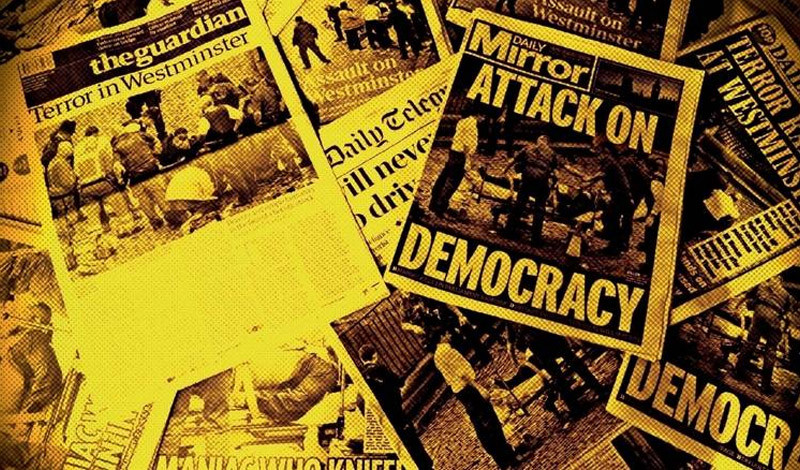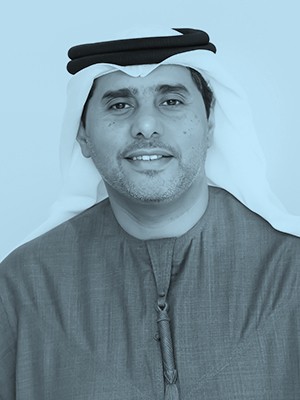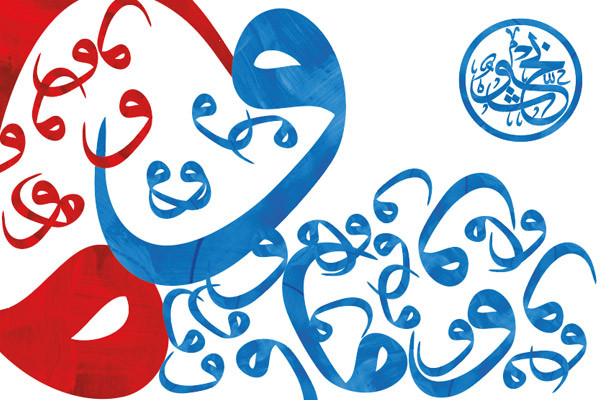Media is used to spread hate, it`s time to stop it
Since 9/11, the international community has focused on preventing acts of terrorism. Their policies span from protective measures at airports to issuing new laws to bring perpetrators to court and even to launching multinational military campaigns against terrorist organisation strongholds and safe havens. But gradual changes in terrorist groups and their acts are raising questions about the sufficiency and efficacy of these policies.

- by Mohammed Abdul Rahman Baharoon ,
- Monday, 28th August, 2017
Since 9/11, the international community has focused on preventing acts of terrorism. Their policies span from protective measures at airports to issuing new laws to bring perpetrators to court and even to launching multinational military campaigns against terrorist organisation strongholds and safe havens. But gradual changes in terrorist groups and their acts are raising questions about the sufficiency and efficacy of these policies.
https://www.khaleejtimes.com/editorials-columns/media-is-used-to-spread-hate-its-time-to-stop-it

Mohammed Abdul Rahman Baharoon
Director General
Read More
Areas of Expertise
- Geo-strategy
- Reputation and soft power
- Public Policy and International Relations
Education
- Master’s degree in English Literature from Texas Tech University in 1995
- English Major from Kuwait University in 1987
Bio
He perused a career in media as a reporter for “Al Arabi” Magazine, Al Ittihad newspaper, and then Editor for Gulf Defense Magazine before starting as director of research at both and focusing on the interplay between Geostrategy and policymaking in governance, stability, capacity building, and future-proofing.
Mohammed has also worked as Deputy Director of Watani (UAE’s first initiative on National Identity) and is also a founding member of the board of “Bussola Institute” a think tank in Brussels that focuses on the changing and emerging aspects of the partnership between the EU and the GCC member states.
As part of his interest in the emerging geostrategic space of the Arabian Peninsula, Mohammed looks at Iran as part of the development of the area as a major trade artery. This development implies developing a sustainable relationship with its regional neighborhood on the Arabian Gulf, The Arabian Sea, the Red Sea, or the Mediterranean. Iran is a major component of that space and becoming more adaptable to the modernization process will allow it to become part of the future development of the region.

